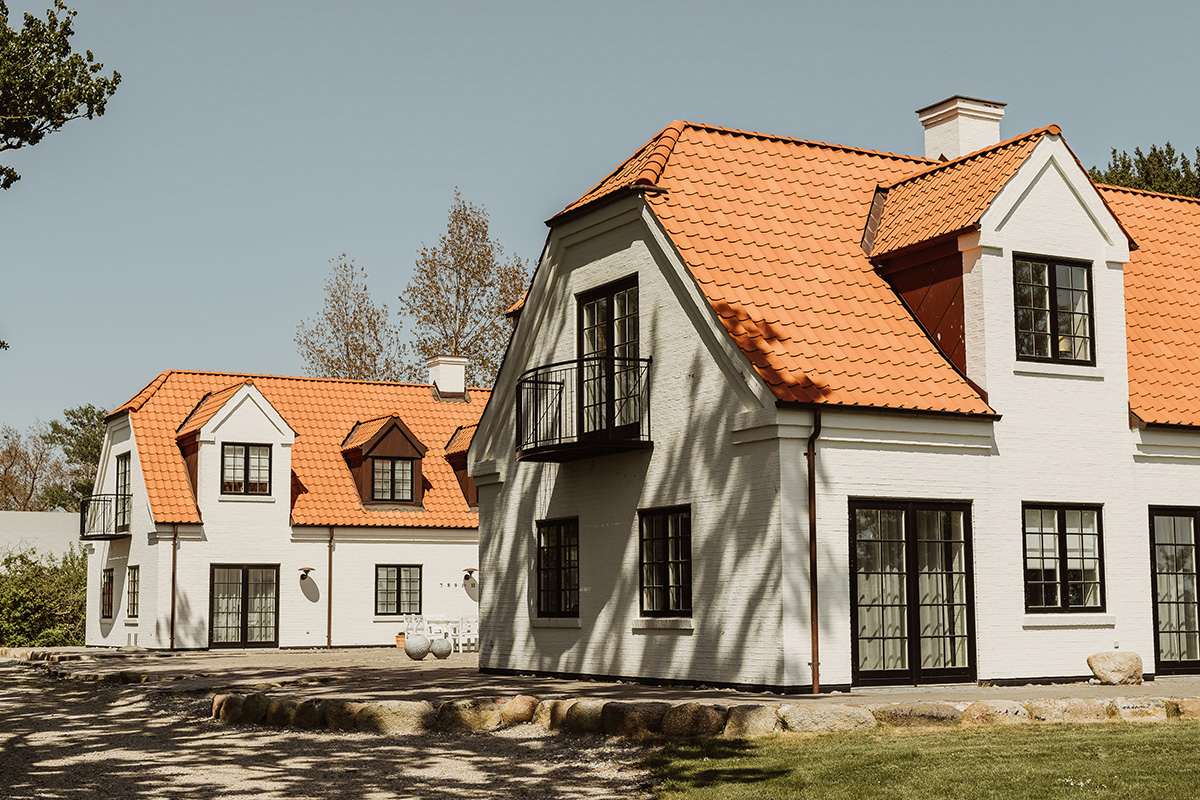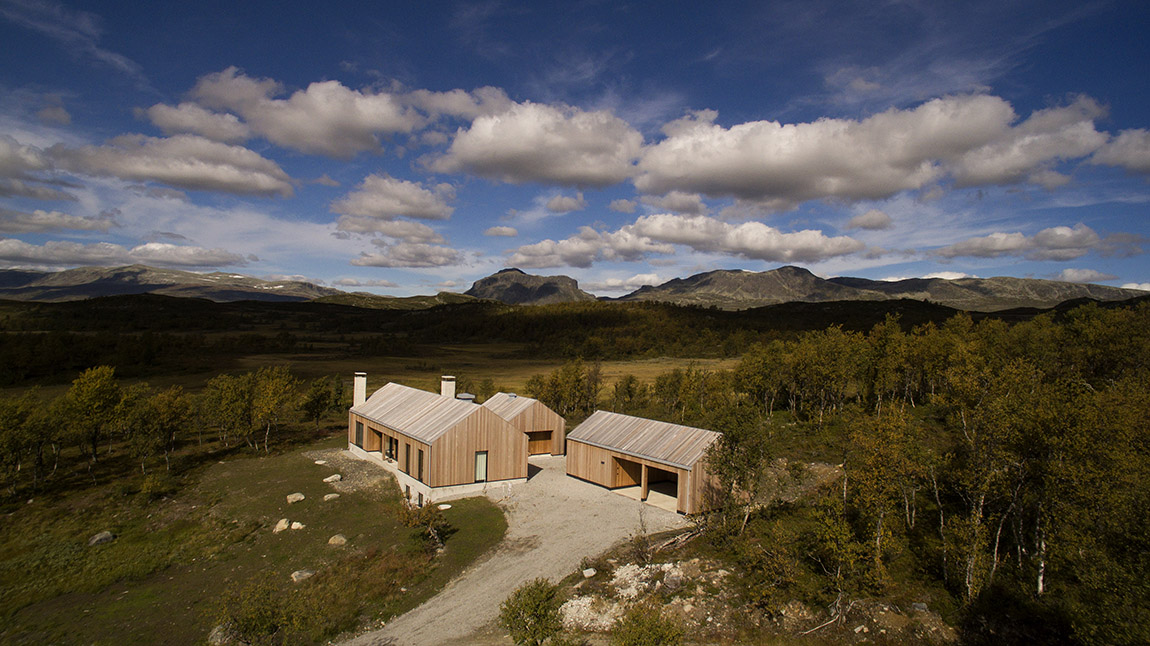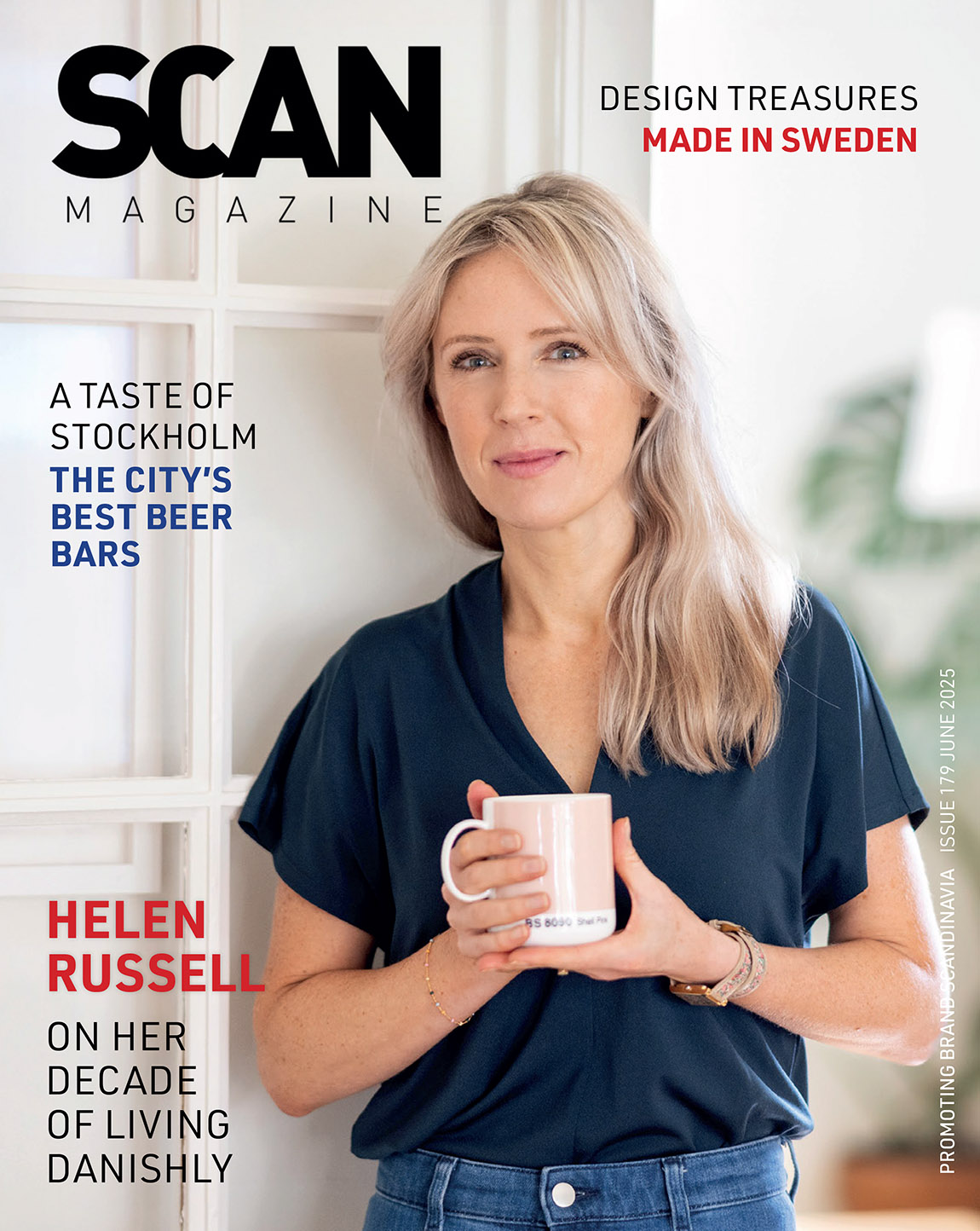Røros Water: Pure Norwegian water in sustainable packaging
By Maria Sødal Vole | Photos: Fullbrakt
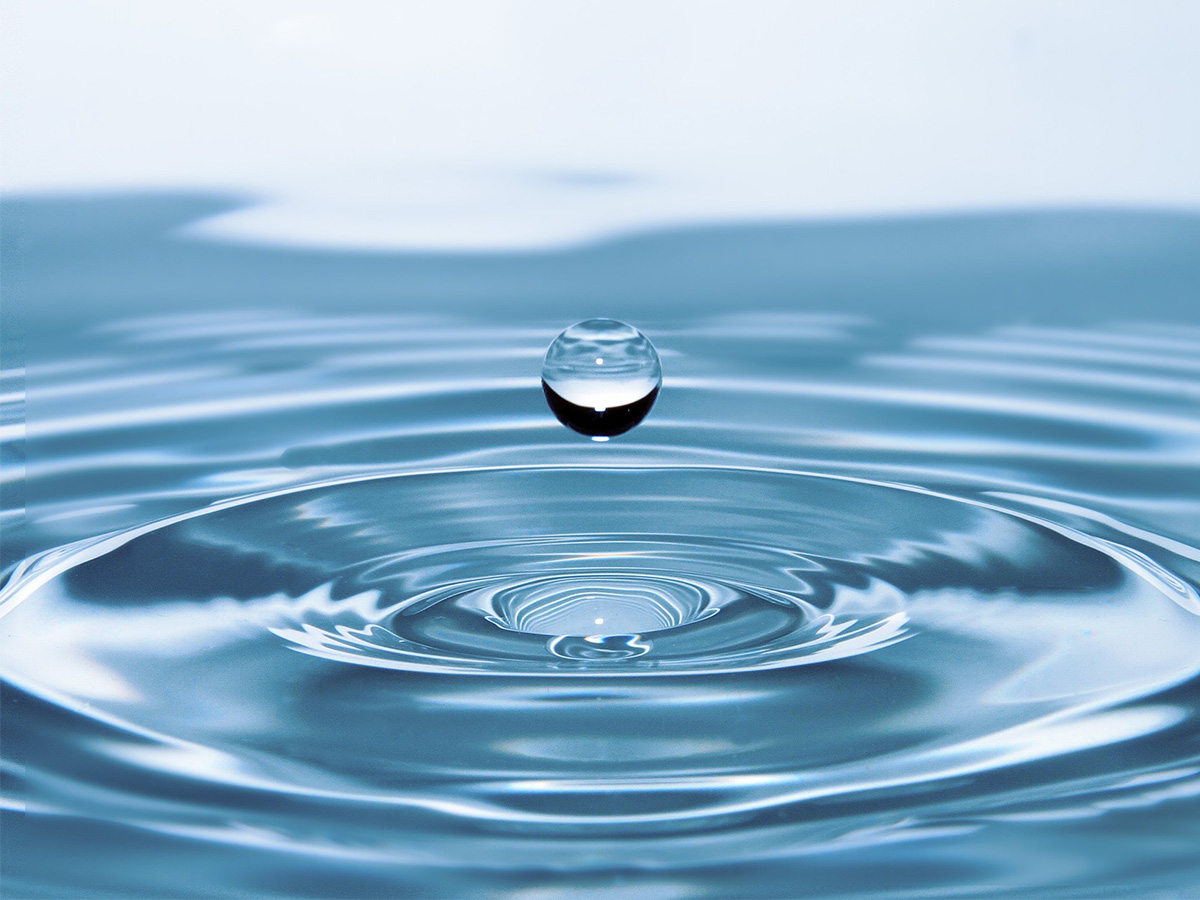
With a true passion for high-quality water, Røros Water – Fullbrakt brings natural spring water from Trøndelag, in the heart of Norway, to the masses. This is a mission to preserve the environment as well as public health, while inspiring a greater appreciation of our planet’s most important resource: water.
“Enjoying our water is like drinking from a babbling brook during a mountain hike,” says Fridtjof Bjerke, CEO of Fullbrakt. “It’s clean, fresh and delicious. High-quality, pure water from a natural spring is a delicacy.”
The water originates from a spring in the mountainside in Røros, in the historic region of Trøndelag. Røros is a UNESCO World Heritage site known for its natural beauty and rich culture and history – as well as its fantastic local food and drinks.
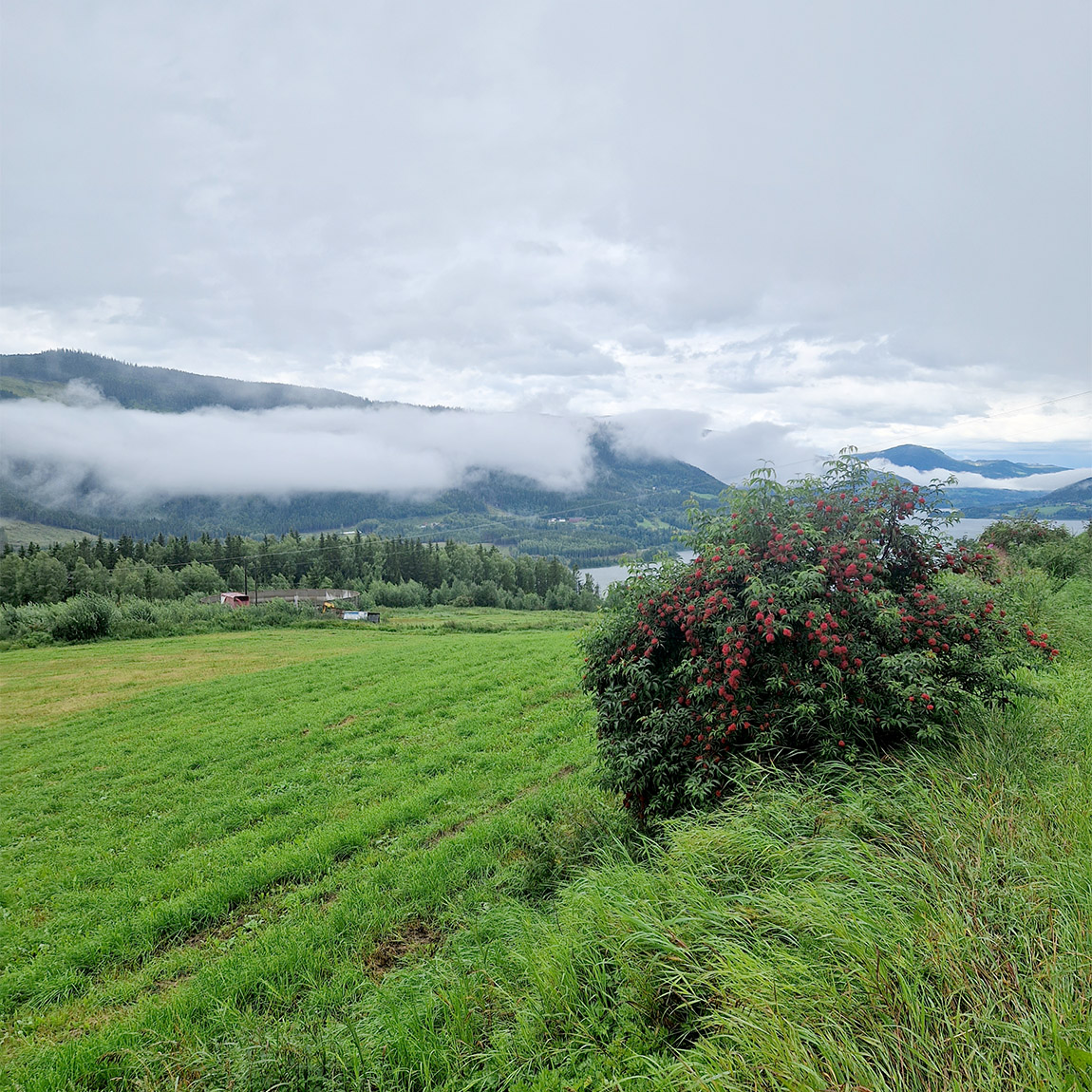
The water is sourced from the beautiful mountain village of Røros in Trøndelag
Røros Water has a naturally high mineral content and no additives. The crystal-clear water is filtered through pristine nature, and it is routinely tested to ensure the water quality is always at its best. Fullbrakt currently offers its natural mineral water in three sizes; 1 litre, 0.5 litre and 0.33 litre.
Bjerke’s goal is to bring consumers the delicious taste of natural spring water from Røros in a sustainable way. “We want to preserve the unique quality of this fresh, clean water and deliver it to our customers untainted,” he says.
Røros Water and Fullbrakt are committed to preserving our planet’s natural resources and the environment, as well as protecting the interests of public health. “We’re deeply concerned about plastic pollution. The microplastics crisis and the harmful effects of these toxins on human bodies is worrying,” says Bjerke. There’s no doubt that the concern is warranted. A recent study found that a litre of bottled water contained an average of 240,000 tiny plastic particles, of which 90% were nanoplastics and 10% were microplastics.
Røros Water is distributed in innovative recyclable cartons from Tetra Pak, and the cartons guarantee that the water stays fresh for two years. This type of paper-based packaging contributes to reducing the carbon footprint of water production and ensures that the drinking water has less contact with plastic-based materials. “We believe cartons are the future. Paper-based packaging is more expensive to produce than plastic bottles but is much less damaging to the environment and to our health,” concludes Bjerke.
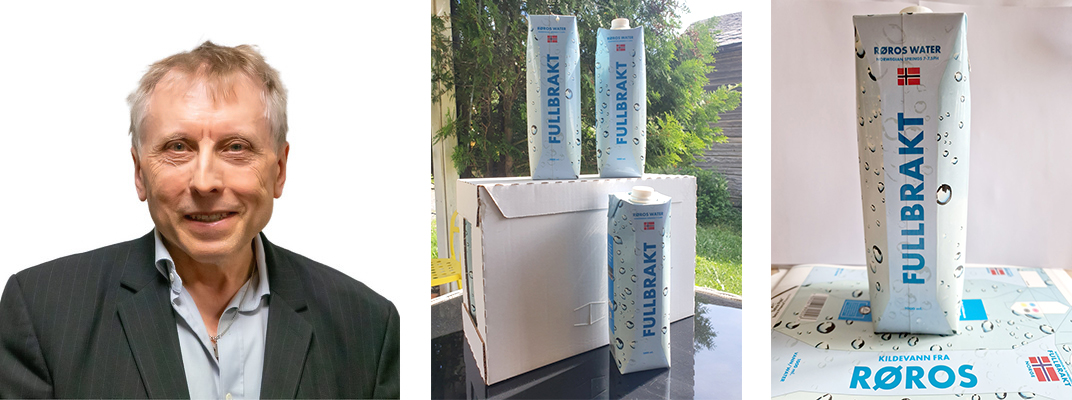
Left: CEO Fridtjof Bjerke. Middle and right: The water is 100% natural with no additives, sourced from the mountainside in Røros and delivered in eco-friendly cartons.
Web: fullbrakt.as
Subscribe to Our Newsletter
Receive our monthly newsletter by email

